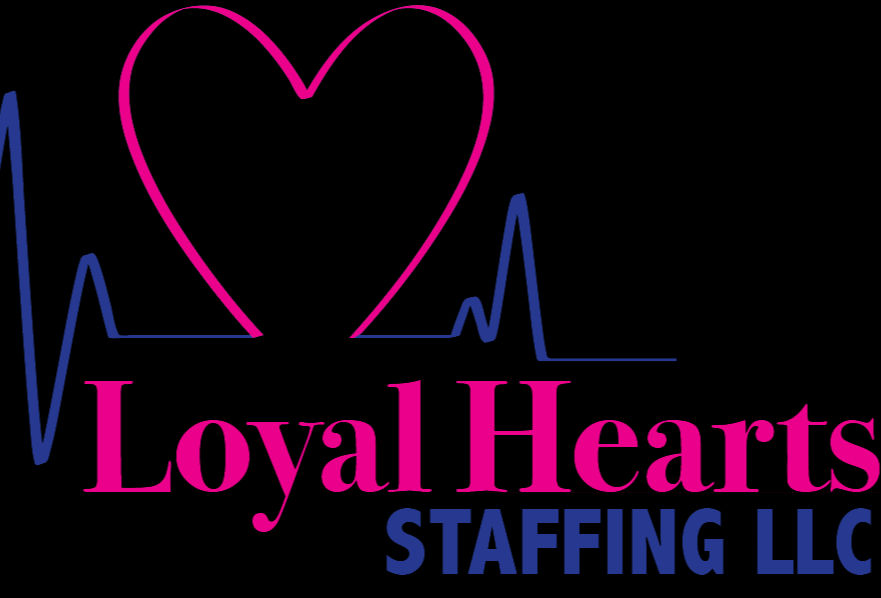How to Develop Effective Leadership Skills in Nursing
- April Swanson

- Apr 4, 2023
- 3 min read
Learning effective leadership skills in nursing is a major challenge for all healthcare professionals, no matter how many years they have been in the industry. However, although it may sound difficult, it is not impossible.
Here are some useful tips for developing effective leadership skills that will surely help you in your day-to-day work as a nurse, and even in your daily life.
1. Understand Expectations
It is important to understand the expectations of your leadership role before you begin to develop effective leadership skills. No matter if you are a supervisor, nurse manager, unit administrator in the hospital, director of nursing in a healthcare organization, or if you have a nursing practice, it is essential to understand the requirements and responsibilities of your position. Make sure you are aware of the expectations of your superiors and team members so you can begin working on developing leadership skills to meet those expectations.
2. Identify Strengths and Weaknesses
Another important step in developing effective nursing leadership skills is to examine and understand your strengths and weaknesses. Identifying your strengths will help maximize your potential as a leader, while working on your weaknesses can enhance your ability to meet the expectations of your leadership role. Please consider having a professional assessment to help identify your strengths and weaknesses even more accurately.
3. Listen and communicate effectively
Being a good listener is a fundamental skill for any leader, and it’s just as important in nursing. By listening to team members, patients, physicians, and other stakeholders, you can identify problems and work together to find solutions. In addition to listening, it is essential to communicate effectively with team members. Clear and effective communication is key to the success of any leadership project and can help promote a positive and productive work environment.
4. Develop decision-making skills
Almost all leaders have to make important decisions in their day-to-day work. If you have developed effective decision-making skills, you can improve your ability to handle complex situations efficiently. When making decisions, it is essential to fully understand the situation, evaluate all relevant aspects, and consider all options before making a final decision. In addition, working on team decision-making can foster a collaborative environment and improve the decision-making process.
5. Work on conflict resolution
Conflict resolution is an important skill in nursing, especially in a high-pressure work environment. Conflicts between team members, between staff and patients, or between staff members and clinicians may arise. Knowing how to effectively address and resolve conflict can help improve the quality of care provided and foster a culture of collaboration and mutual respect.
6. Foster a positive work environment
As you develop effective leadership skills in nursing, it is important to foster a positive work environment. By encouraging team members and recognizing their accomplishments, you can improve morale and motivation, leading to improved quality of care. Ensuring that team members feel valued and listened to is also an important way to foster a positive work environment.
In conclusion, developing effective leadership skills in nursing is an important and challenging task for those healthcare professionals who already have years of experience in the industry. By understanding the expectations of your leadership role, identifying your strengths and weaknesses, listening and communicating effectively, developing decision-making skills, working on conflict resolution, and fostering a positive work environment, you can significantly improve your ability to lead your team and deliver high-quality care.








Comments